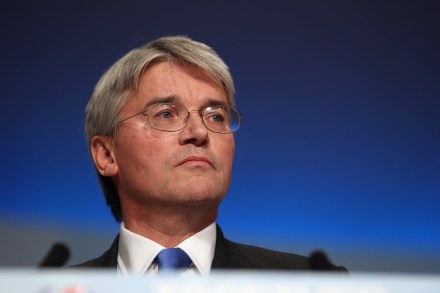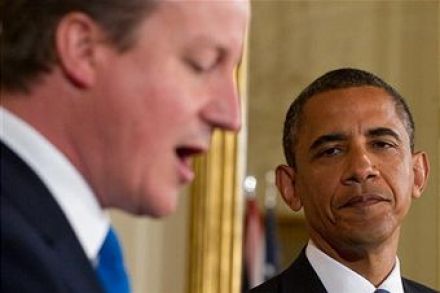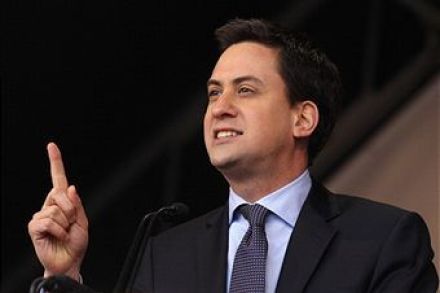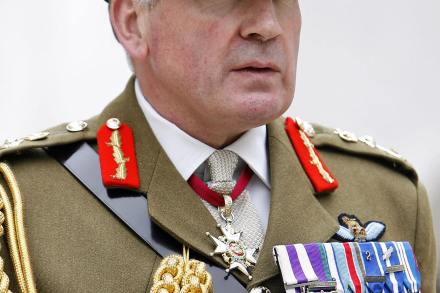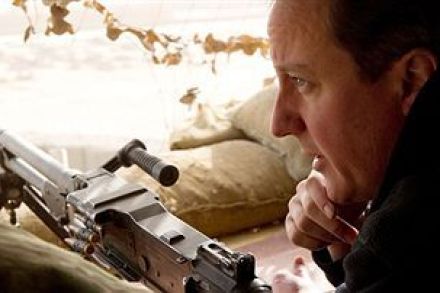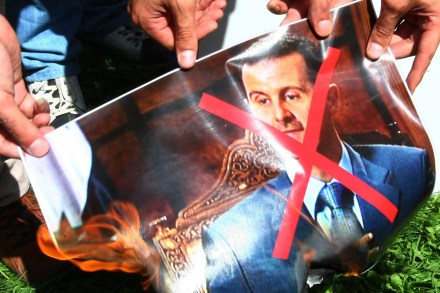Cameron compromises, but Gaddafi might not
What a difference four months of air sorties make. Back in the early days of the Libya intervention, David Cameron was unequivocal when it came to Muammar Gaddafi remaining in the country: there was “no future” for the dictator within its borders, he said. But now, on top of comments by William Hague yesterday, the Prime Minister is thought to be softening his stance. As the Independent says today, he has decided that “the time has come to find a way out of the conflict and back a French proposal to allow Gaddafi to stay in the country as part of a negotiated settlement with rebel forces.” So, from no






